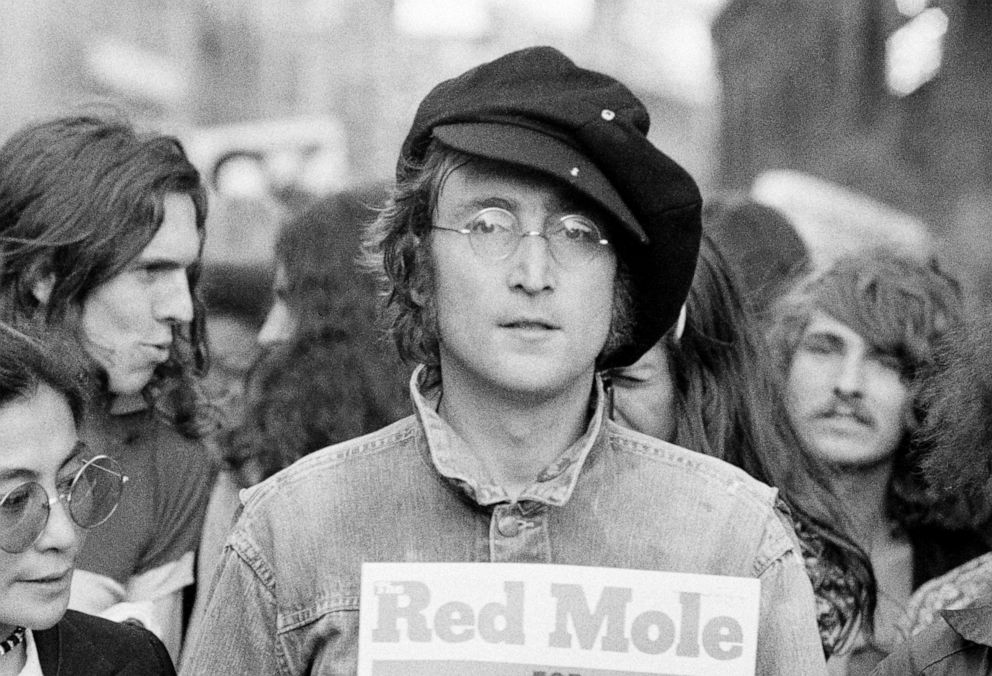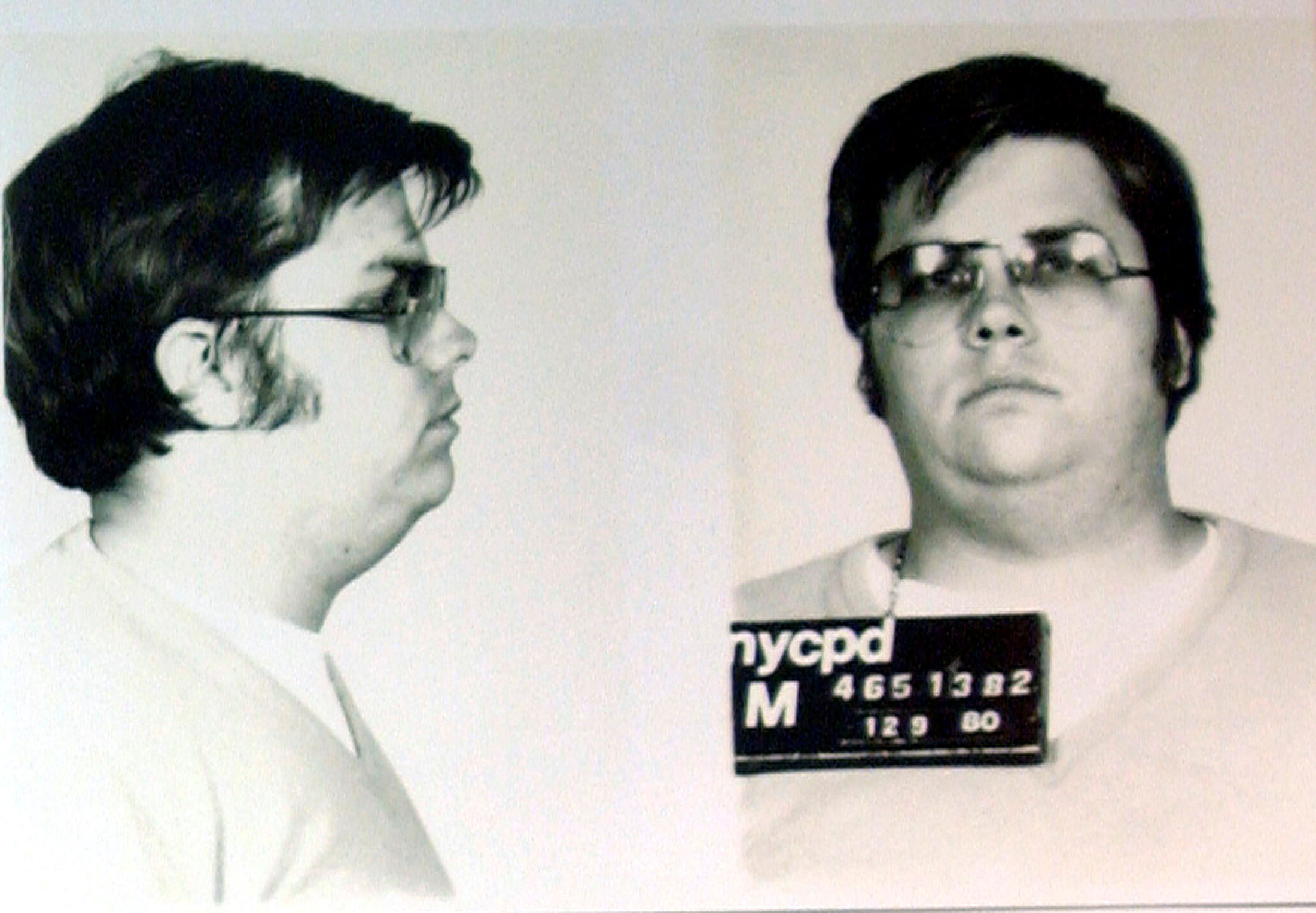Mark David Chapman, man who killed John Lennon, said in parole hearing he wanted 'glory'
He was "angry and jealous" at the way Lennon was living, documents say.
Mark David Chapman, the man who killed Beatles legend John Lennon, was denied parole for the 11th time during a hearing last month after saying he shot Lennon for "glory," according to a transcript of the hearing obtained by ABC News.
Chapman killed Lennon because he was "angry and jealous" at the way the Beatle was living and was seeking "glory" for himself, according to hearing transcripts.
"At the time my thinking was he has all of this money, lives in this beautiful apartment and he is into music representing a more cautious lifestyle, a more giving lifestyle," Chapman told parole commissioners. "It made me angry and jealous compared to the way I was living at the time. There was jealousy in there."
Lennon died on Dec. 8, 1980 after Chapman shot him in front of his Upper West Side apartment building, hours after Lennon had autographed an album for him.
When asked if anything in this thinking had changed during the last 40 years of his incarceration about why he shot Lennon, Chapman said it boiled to glory.
"It was just self-glory, period," Chapman said. "It was nothing more than that. It boiled down to that. There's no excuses."

Chapman said he had purchased the gun no more three months prior to the shooting. He left his wife in Hawaii to come to New York City, telling her he needed to find himself.
He had a list of three other potential targets in case Lennon did not work out.
"I came up with whatever famous people I could," the transcript said.
One of the commissioners said, "You called it glory and some might call it infamy," to which Chapman replied, "Infamy brings glory."
That statement, it appeared, sealed Chapman's fate.
"During the interview you stated you committed this murder to seek glory. You said 'infamy brings you glory,'" the panel decision denying parole stated. "This panel finds your statement disturbing. Your actions represented an evil act. The fact that today, almost 40 years later, you can still speak of what you did as something that you felt was a positive and in your mind gave you 'glory' at the time, is disturbing for this panel."

Had he been released, Chapman, who in prison has become a devoted Christian, pledged to become an evangelist.
"Look how low I went, but yet God still loves me and cares about me and has given me purpose and meaning in my life."
Chapman concluded his plea with a lengthy soliloquy and apology to Yoko Ono.
"I just want her to know that she knows her husband like no one else and knows the kind of man he was. I didn't. I just judged him from a book and I murdered him. He was in a book. He was extremely famous. I didn't kill him because of his character or the kind of man he was. He was a family man. He was an icon. He was someone that spoke of things that now we can speak of and it's great," he said.
Chapman continued, "Back in the '60s when you said the things that he said, you were a creep. I remember I was in my 20s and I was conscious of the times and the press and presidency and all of that and how they looked upon anti-war people. Now we realize that Vietnam was a horrible mistake. This has to go and you put your life on the line back then when you felt that way. This was the kind of man he was. I assassinated him, to use your word earlier, because he was very, very, very famous and that's the only reason and I was very, very, very, very much seeking self-glory, very selfish. I want to add that and emphasize that greatly. It was an extremely selfish act. I'm sorry for the pain that I caused to her. I think about it all of the time."
ABC News' Julia Jacobo contributed to this report.




